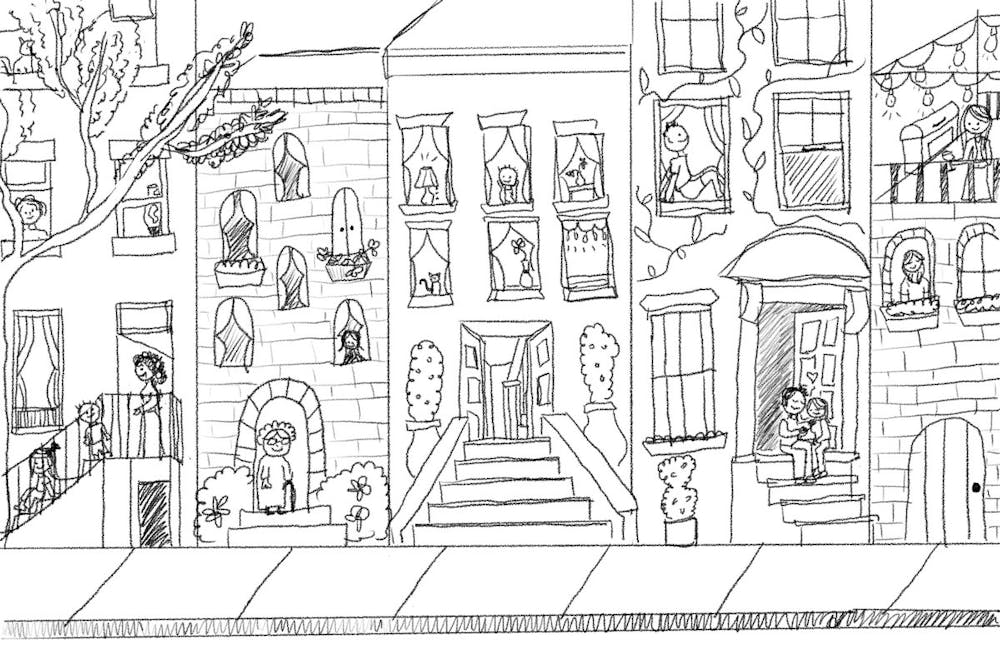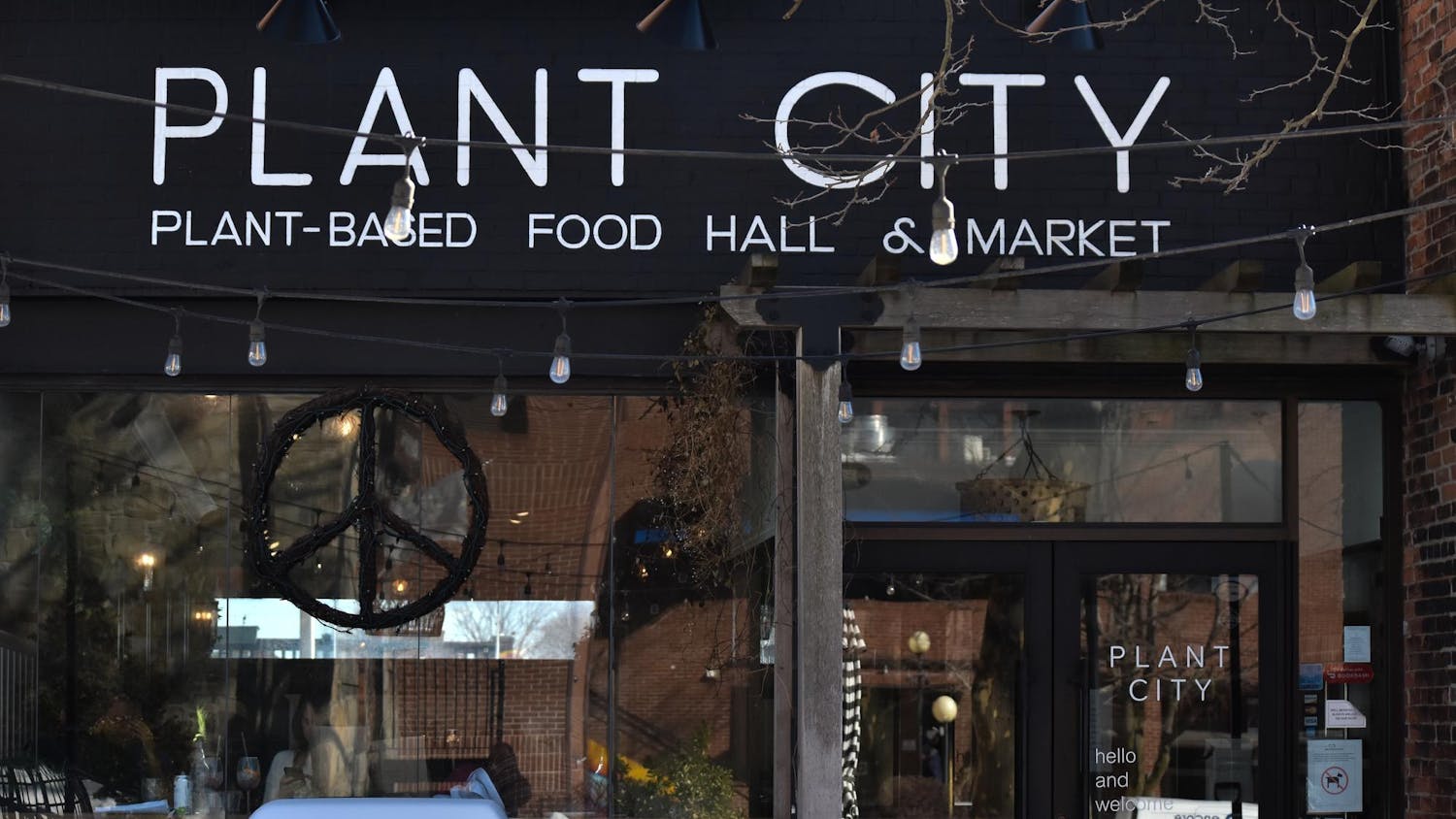On March 17, State Rep. June Speakman (D-Bristol) introduced a bill in the Rhode Island House of Representatives that would create a $50 million revolving fund for the construction of mixed-income public housing.
“The purpose of the bill is to provide a large standing funding stream for housing production,” Speakman said.
The bill has not yet been heard in committee.
Rather than dedicating the proposed fund exclusively to low-income housing, a mixed-income format will allow the fund to regenerate over time. “You could charge market-rate rents for some of the units and then below-market rents for the families that can't afford market rents,” Speakman explained. This would allow the higher-rent units to indirectly funnel money back into the fund as developers pay off loans from the fund, making it revolving.
Speakman noted that, while the United States faces a national housing crisis, Rhode Island has had the lowest housing unit production per capita of any state in recent years.
Daniel Denvir, co-chair of the progressive advocacy group Reclaim R.I., explained that low-income residents are left with few options when it comes to housing.
“For us, it's pretty clear that the for-profit private sector has failed to solve this housing crisis,” he said. Denvir noted that although nonprofits help provide housing, they rely on often-limited tax credits to do so.
In the past year, Reclaim R.I. has been focused on housing justice and supporting a revolving housing fund in the Ocean State, Denvir said. Denvir cited the group’s “experience organizing some of the poorest working-class tenants in the state.” The group has previously supported legislation allowing the state to directly fund the development of housing.
For Denvir, this bill “is part of a nationwide push for public developers and for social housing.”
The biggest barrier to producing low-income housing is funding, explained Paul Williams, founder and executive director of the Center for Public Enterprise, a nonprofit that works with stakeholders to support successful public goods programs, according to its website.
Construction requires expensive loans, which developers traditionally expect to pay back by charging market-rate rent.
“The issue that affordable housing faces is that the rents that are affordable to low-income people that we want to serve are not high enough to cover the cost of building,” Williams said.
To cover the costs of construction, mixed-income housing offers part of the solution. But, according to Williams, a revolving fund can cut costs further by providing a no-interest loan option to developers. That option, he said, would replace the high-interest loans developers are often forced to take for a portion of their funding and provide an incentive for builders to invest in mixed-income housing.
To explain the “innovative” character of the revolving fund, Williams referenced the housing model used by Montgomery County, Maryland, a revolving pool for loans that “allowed Montgomery County to really ramp up its development.”
Speakman also highlighted the Montgomery County model as an influence for the proposed bill. “The revolving fund would allow developers, either state-owned public housing authorities or nonprofits, to pull money out of the fund and then replenish the fund with the rents from the units that they're building,” she said.
Although similar funds have been established at the county level, no state has done so yet.
While the bill is still in the early stages, Speakman said she is optimistic about the support it has received from community members.
Speakman emphasized that putting money into public housing should be a priority. While public money is readily used for education, nutrition and healthcare, public housing is often seen as more controversial.
“For some reason, we really hesitate to put public money into housing,” she said. “In my view, housing is a fundamental human need from which many of these other needs sprang.”





